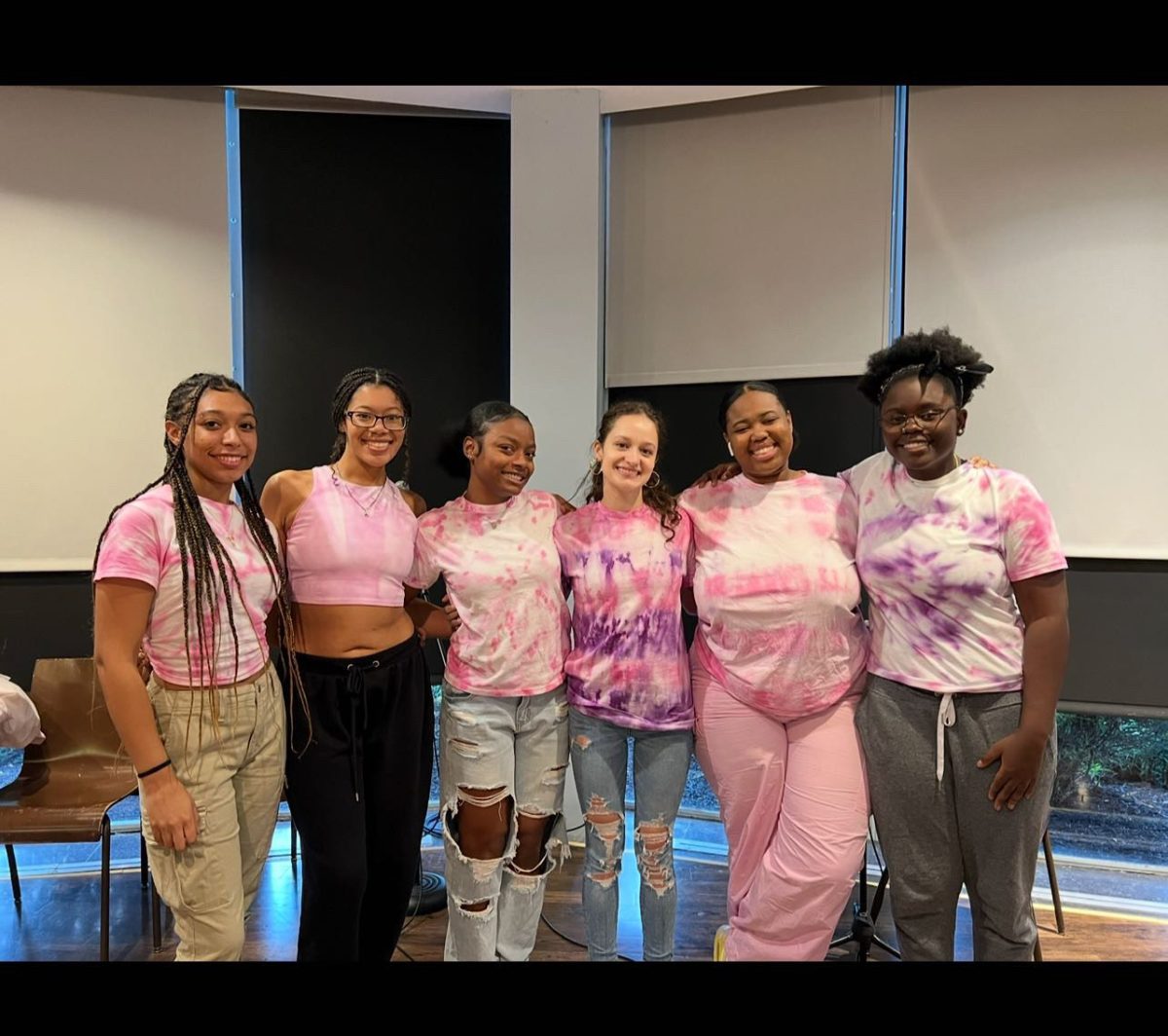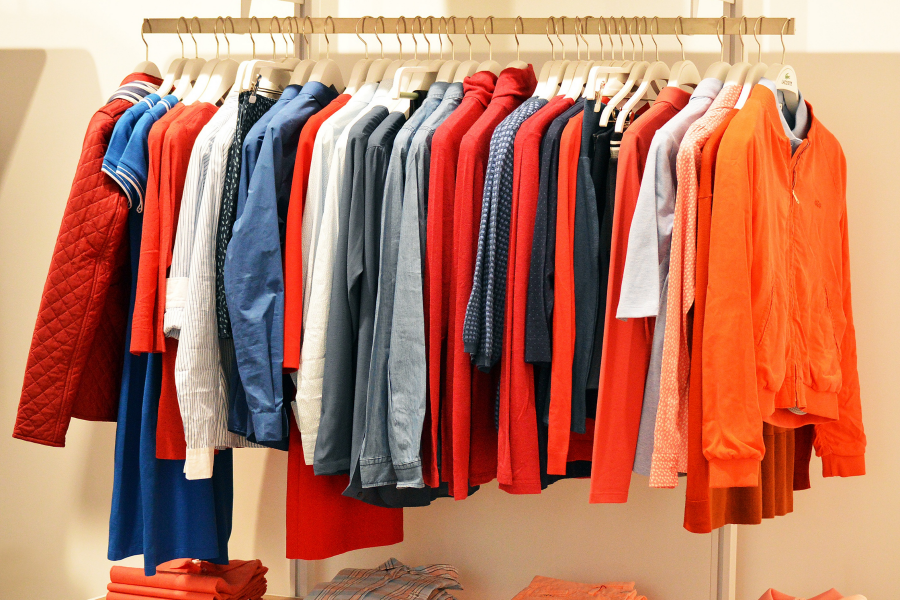With daylight savings and the pandemic striking the UC campus at full speed, many are feeling the effects of Seasonal Affective Disorder.
An article in Etactics measured annual depression statistics, which made a significant jump before the turn of the recent decade.
In 2018, 41.9% of students felt so depressed in the past year that it was difficult to function compared to just 30.7% in 2009, according to the article.
Though jumps are most common with daylight savings in effect, the Counseling Center at Utica College notes that SAD can still remain in effect in the spring and summer.
“Seasonal Affective Disorder is a sub-type of depression that is related to the change in the seasons,” UC counselor Amanda Learnard said. “Most individuals with Seasonal Affective Disorder experience the start of symptoms in the fall which continue through the winter. SAD can also come into effect during the spring and summer.”
Because SAD can affect individuals at many different times of year and is often caused by outside factors, the COVID-19 pandemic is a prime example of how one’s mind can be affected in negative ways.
“First, the reduction of the levels of sunlight is a factor as it may disrupt one’s internal clock,” Learnard said. “Secondly, the decrease in sunlight causes a decrease production of the neurotransmitter serotonin or ‘the mood hormone.’ Melatonin, the ‘sleep hormone,’ levels may also be disrupted by the change in the seasons leading to sleep and mood changes. In addition, negative thoughts and feelings regarding winter in general contribute to overall mood and functioning.”
Just as negative thoughts concerning winter months and the cold weather affect a person, so can thoughts concerning the pandemic and all the unknown that joins it.
“With COVID-19 already putting a damper on everyday life, seasonal affective disorder has taken a toll on one of my siblings as well as myself,” Senior Erica Appelbaum said. “We both find it difficult to be motivated and also to find so many positives in life when there is a global pandemic and now less sunlight during the day.”
While the pandemic and lack of daylight is causing many to experience the effects of SAD, there is hope for coping with this disorder.
“Challenging the negative thoughts with more positive adaptive thinking can address one’s mood,” Learnard said. “This is something one can try on their own or with the assistance of a counselor. Finding ways to reframe thoughts, using daily affirmations and expressing daily gratitude are some ways to move away from the negative thoughts associated with SAD.”
If one has not personally experienced the effects of SAD but know someone who has, there are many ways in which one can assist them in coping with their symptoms.
“Assisting others in coping with SAD definitely involves getting them to celebrate even the smallest victories in their everyday lives,” Appelbaum said. “Seeing even the smallest positives whether that be the weather being nice that day or the individual being able to accomplish some of their work for the day can improve their mood.”
In addition to assisting others personally, one could refer those experiencing the effects of SAD to a counselor. Utica College’s Counseling Center is equipped with multiple counselors eager to help students cope and eventually overcome the issues that they face.
“Counselors here at UC can assist students with coping with SAD by providing support, looking at different ways of thinking, exploring different coping skills and developing lifestyle changes that may address some of the symptoms of SAD,” Learnard said.
Finding ways to assist others in overcoming the effects of SAD as well as allowing oneself to be open to coping mechanisms is important especially during this difficult time.
“Some other ways to address the more physiological causes of SAD are through using light therapy, adding more light into your living environment, taking daily vitamins, having a balanced nutrient packed diet, exercise and engaging in activities you enjoy to increase serotonin levels naturally,” Learnard said. “Most of all maintain structure and try to continue your routine.”






































































































































